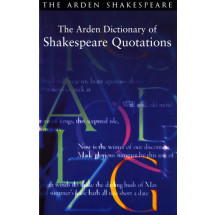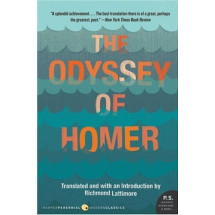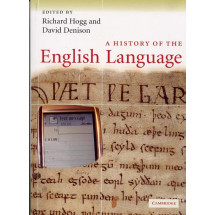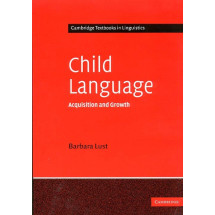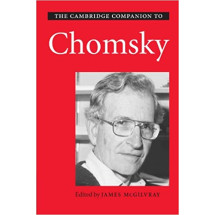Focusing on the representation of South Asian life in the works of four Anglophone writers: V.S. Naipaul, Salman Rushdie, Amitav Ghosh and Anita Desai, Nyla Ali Khan presents a critical dialogue between these works and contemporary history. Exploring the intertwined topics of nationalism, transnationalism and fundamentalism, she addresses the disrupting and disorientating consequences of dislocation with questions such as: * Does a dislocation enable the regeneration of cultural forces? * Does transnationalism enable a reconstruction respectful of cultural differences? * Does transnationalism allow subjects to engage in reflexive, self-critical distancing from their own cultural discourses? * Do the cosmopolitan political and cultural ideologies of Naipaul, Rushdie, Ghosh and Desai challenge ethnocentric cultural assumptions? Examining these questions in the context of the geographical and cultural dislocation of the era; the reaction to Rushdie's novel, the Indo-Pak war of 1971 and the demolition of the Babri Masjid in India, Khan also discusses: * how complexities bred by practices and identities can reinforce politicization of identity in fundamentalism, xenophobia and espousal of tradition * the local constraints and social moorings affecting transnational writers * the historical and religious forces involved in forging a national identity.
Focusing on the representation of South Asian life in the works of four Anglophone writers: V.S. Naipaul, Salman Rushdie, Amitav Ghosh and Anita Desai, Nyla Ali Khan presents a critical dialogue between these works and contemporary history. Exploring the intertwined topics of nationalism, transnationalism and fundamentalism, she addresses the disrupting and disorientating consequences of dislocation with questions such as: * Does a dislocation enable the regeneration of cultural forces? * Does transnationalism enable a reconstruction respectful of cultural differences? * Does transnationalism allow subjects to engage in reflexive, self-critical distancing from their own cultural discourses? * Do the cosmopolitan political and cultural ideologies of Naipaul, Rushdie, Ghosh and Desai challenge ethnocentric cultural assumptions? Examining these questions in the context of the geographical and cultural dislocation of the era; the reaction to Rushdie's novel, the Indo-Pak war of 1971 and the demolition of the Babri Masjid in India, Khan also discusses: * how complexities bred by practices and identities can reinforce politicization of identity in fundamentalism, xenophobia and espousal of tradition * the local constraints and social moorings affecting transnational writers * the historical and religious forces involved in forging a national identity.
University of Kearney-Nebraska, USA



